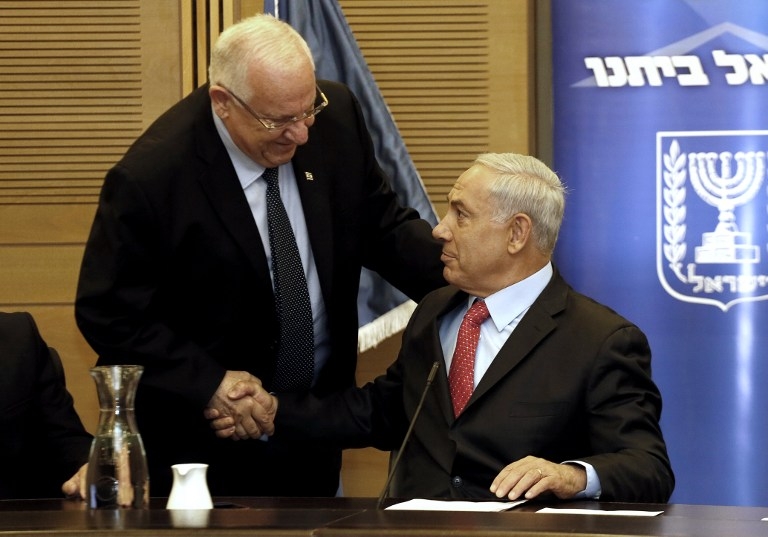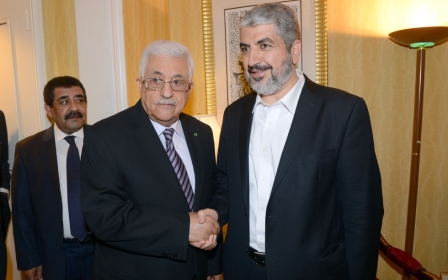After scandal-hit race, Israel's Knesset to vote on Tuesday

The Knesset, the legislative branch of the Israeli government, is preparing for parliamentary elections on 10 June, despite corruption and sex scandals that have seen two candidates withdraw.
Tuesday will see 120 Members of the Knesset, or MKs, vote in three rounds to elect a successor for outgoing President Shimon Peres, who will step down on 27 July after serving a full seven-year term.
An emergency meeting on Sunday headed by the Knesset Speaker Yuli Edelstein ended with a decision to run the elections as planned.
There had been calls from members of the Kadima party, as well as from Prime Minister Benjamin Netanyahu, to postpone the vote after further allegations against candidates marred the scandal-hit race, reports Times of Israel.
Benjamin Ben-Elizier, a member of the Knesset running for the Labour Party, withdrew his candidacy on Saturday after corruption allegations surfaced.
Ben-Elizier, a former Israeli Army general and defence minister, was questioned last week on suspicion of receiving hundreds of thousands of dollars from a businessman connected to corruption at Ashdod Port, one of Israel’s two main cargo ports.
In a statement after his interrogation, Ben-Elizier called the investigation a “targeted assassination”, and bowed out of the running, in which he said he had been the “leading candidate.”
Another candidate, Energy and Water Minister Silvan Shalom, also dropped out of the race on 21 May following sexual assault allegations made against him.
Investigations into the alleged assault closed on 7 May, but Shalom, considered a strong candidate before the allegations emerged, was unable to secure crucial support from Netanyahu in the aftermath and dropped out, reports the Jerusalem Post.
There are now five remaining candidates
After Sunday’s decision to go ahead with the ballot on Tuesday as planned, the Knesset Speaker said that the winner must “achieve the position of president in the most honest and cleanest fashion.”
There were hints on Monday of a further split within the current coalition government, with Netanyahu complaining of the Finance Minister’s “lack of experience.”
The minister, Yair Lapid, had urged renewed negotiations with Palestine towards a two-state solution, dubbed a “reckless plan” by the Prime Minister.
Earlier in the day, the Israeli Foreign Minister Avigdor Liebermann lashed out at fellow ministers for suggesting contradictory policies on the issue of negotiations with Palestinians.
He warned of the need to “formulate a single political plan”, a comment which is being widely interpreted as a slight against the prime minister.
Netanyahu was reportedly left “furious” with another official, Justice Minister Tzipi Livni, after her unscheduled meeting with Palestinian President Mahmoud Abbas on 15 May.
New MEE newsletter: Jerusalem Dispatch
Sign up to get the latest insights and analysis on Israel-Palestine, alongside Turkey Unpacked and other MEE newsletters
Middle East Eye delivers independent and unrivalled coverage and analysis of the Middle East, North Africa and beyond. To learn more about republishing this content and the associated fees, please fill out this form. More about MEE can be found here.




